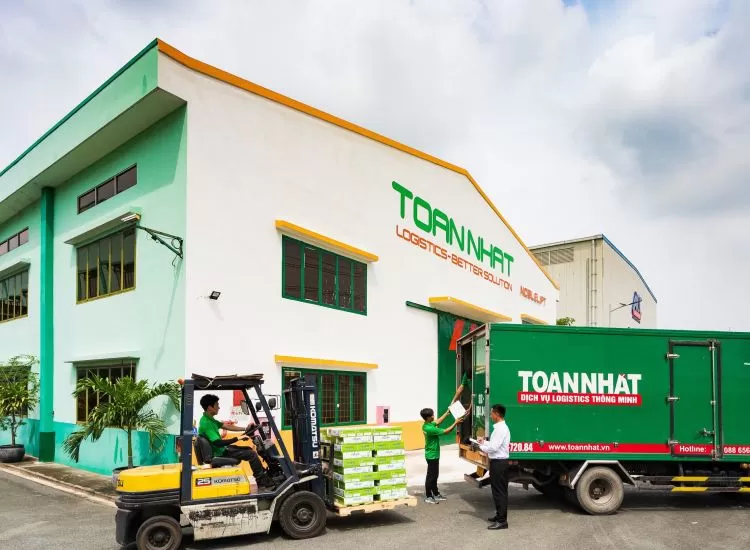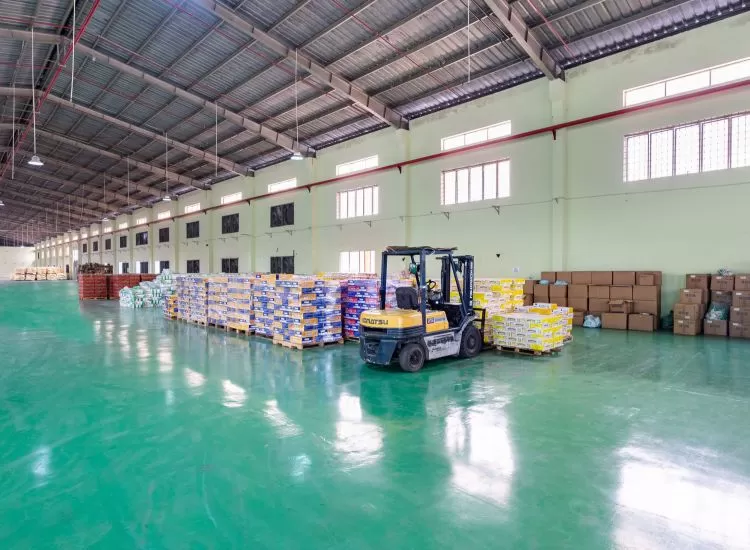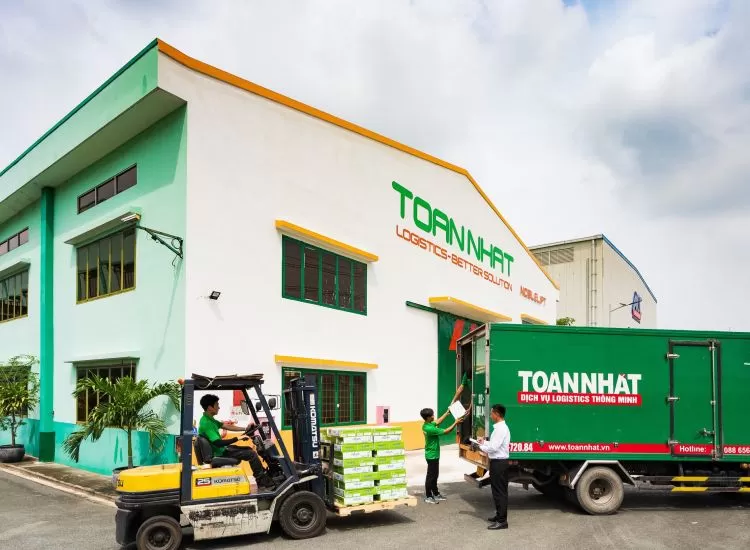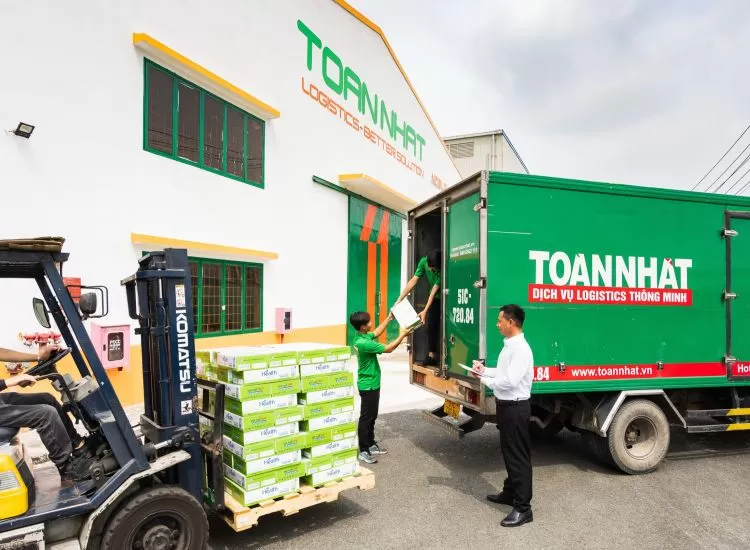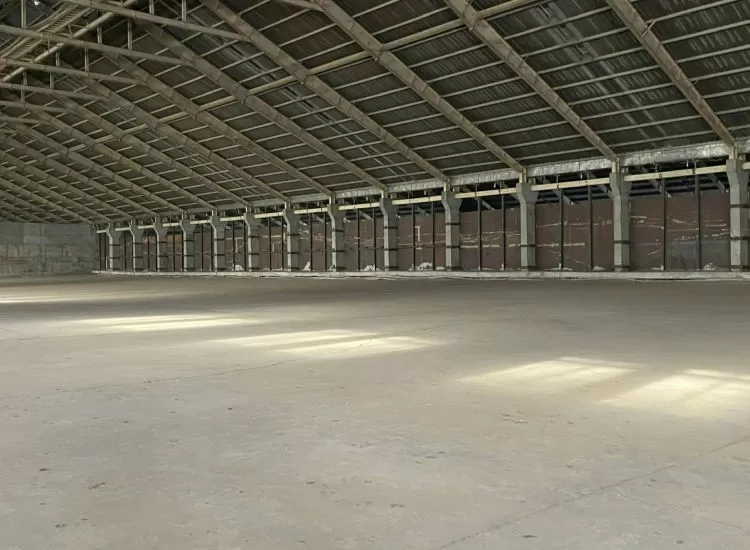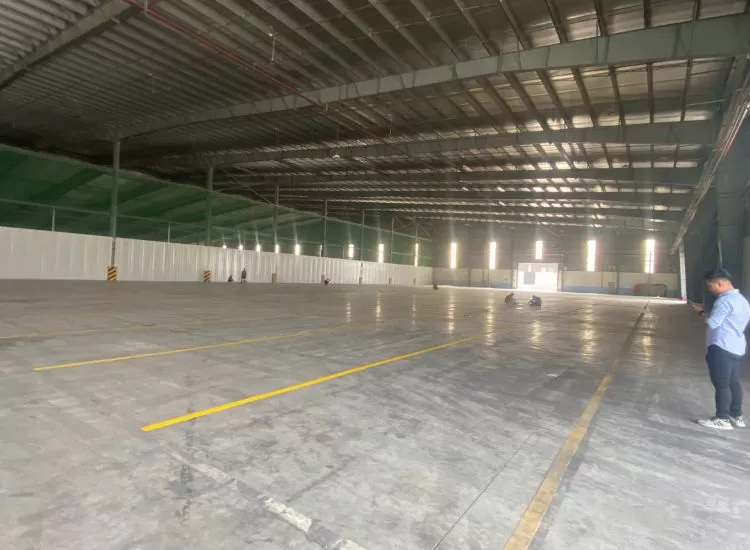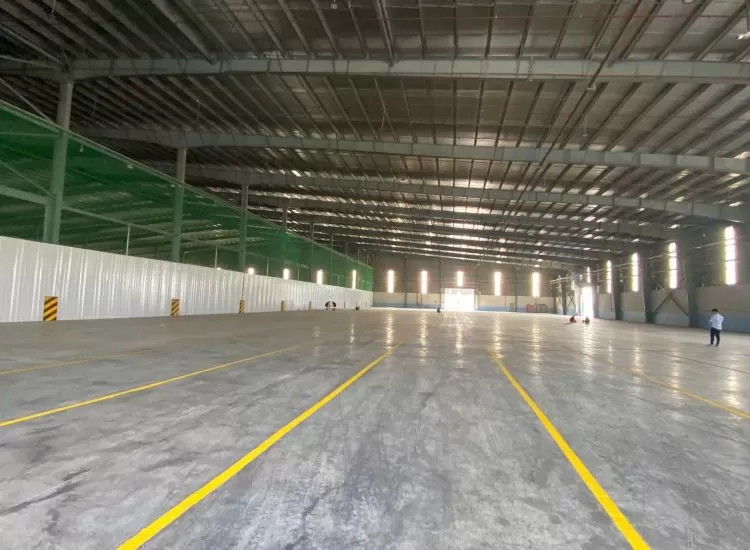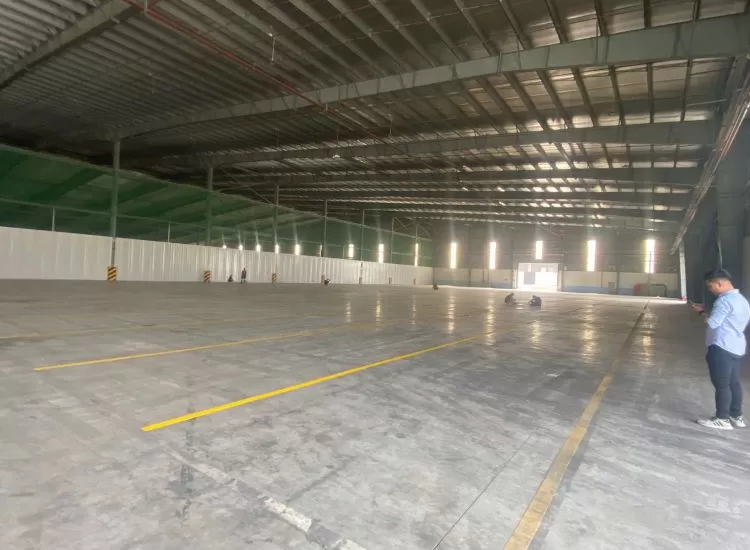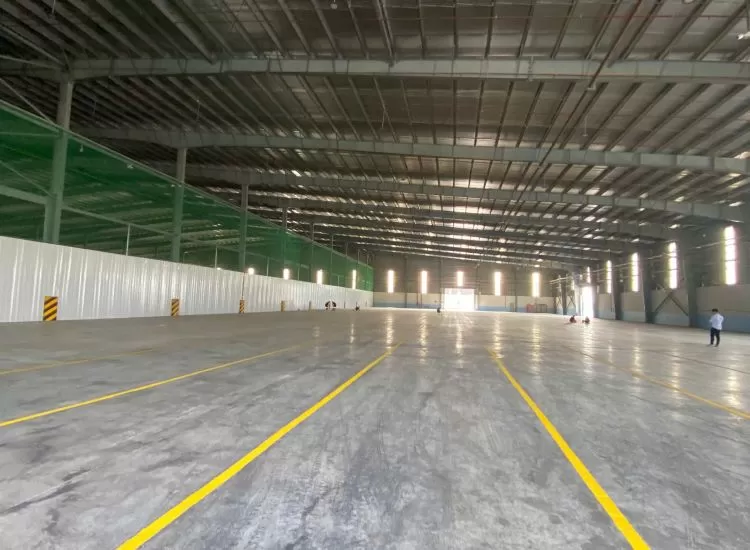MSC deploys global electronic bill of lading (eBL)
An electronic bill of lading (eBL) allows shippers and supply chain stakeholders to receive and transmit bill of lading documents electronically without any changes or interruptions to the bill of lading in business activities.
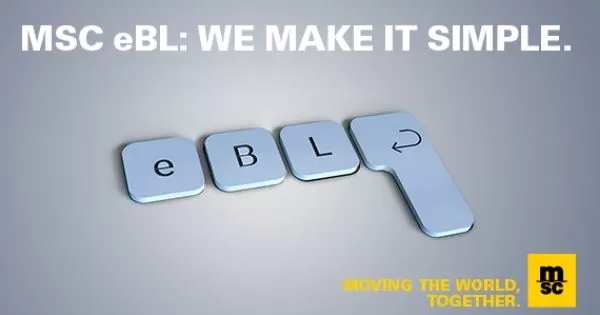
MSC deploys global electronic bill of lading (Photo: MSC)
After implementing pilot projects in a number of countries since 2019, MSC (Mediterranean Shipping Co) has officially launched an electronic bill of lading (eBL) for all customers in the world. worldwide, paving the way for widespread eBL adoption.
EBL allows shippers and other supply chain stakeholders to receive and transmit bill of lading documents electronically without any change or disruption to business operations.
MSC used the WAVE BL blockchain platform for its pilot phase. WAVE BL uses distributed ledger technology to ensure that all parties involved in bookings are able to issue, transfer, validate and manage certificates from through a secure, decentralized network, shipping line MSC said.
“In a few years, we expect eBL to become the new standard.”
André Simha, Global Head of Digital & Information at MSC, said: “MSC chose WAVE BL because it is the only solution that reflects the traditional paper-based process traditionally practiced by the shipping and shipping industry.” “It provides a digital alternative to all traditional printed documents, much faster and more secure.”
MSC is one of the shipping lines pioneering and supporting the digital transformation of the maritime industry. As a founding member of the Digital Container Shipping Association (DCSA), MSC has been involved in a number of initiatives focused on promoting standardization, digitization, and interoperability in container shipping. André Simha is also the president of the DCSA.
“Traditionally, the shipping industry relies heavily on paperwork. And of these, the BL is the most important transport document in international trade,” said Simha. “While there have been efforts to create an eBL solution in the past, we are now in a position to introduce a solution that can pave the way for mass eBL adoption, which means savings in significant savings for the shipping industry”.
DCSA research indicates that by just reaching 50% of eBL adoption by 2030, the industry could save more than $4 billion per year.
“Removing paper from shipping will make every aspect of commercial container shipping better, faster, more efficient, safer and environmentally friendly,” says Simha. “In a few years, we expect eBL to become the new standard.”
Benefits of an electronic bill of lading (eBL):
- More secure: no risk of losing documents, tampering or fraud
- Faster: vouchers are delivered in seconds, instead of weekly
- Protect the environment: paperless process, reduce carbon emissions
- Simpler: the platform is easy to use, accessible from any device and works 24/7
- Cost savings: no courier fees and reduced bank fees
In times of disruption like the global COVID-19 pandemic, a paperless solution can also conveniently bypass border restrictions, challenges with postal disruptions, or other uncertainties related to epidemic. By solving the problem, bill of lading (BL) agents can safely work remotely and without leaving home.
For more advantages and details about MSC eBL, shippers can visit: www.msc.com/eBL.
Rear more:
Source: Phaata.com (According to MSC)
Phaata.com - Vietnam's First Global Logistics Marketplace
► Where connecting Shippers & Forwarders fastest!




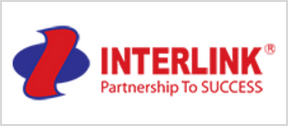

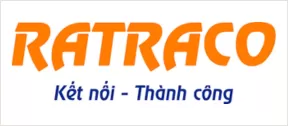

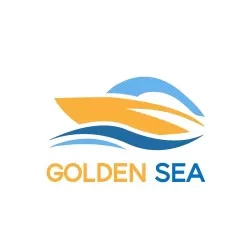
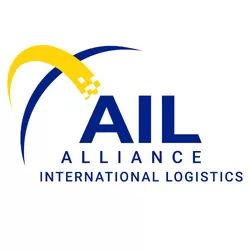
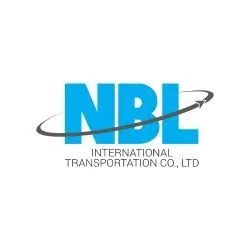
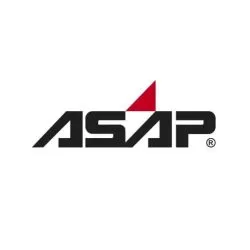

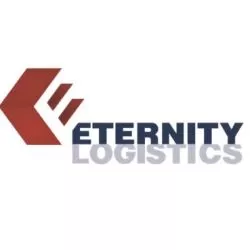


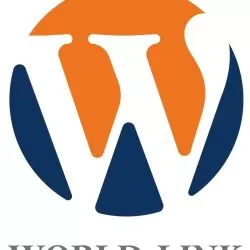


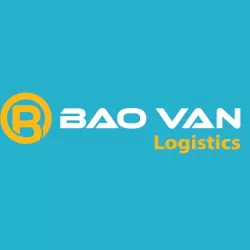

.webp)
.webp)
.webp)
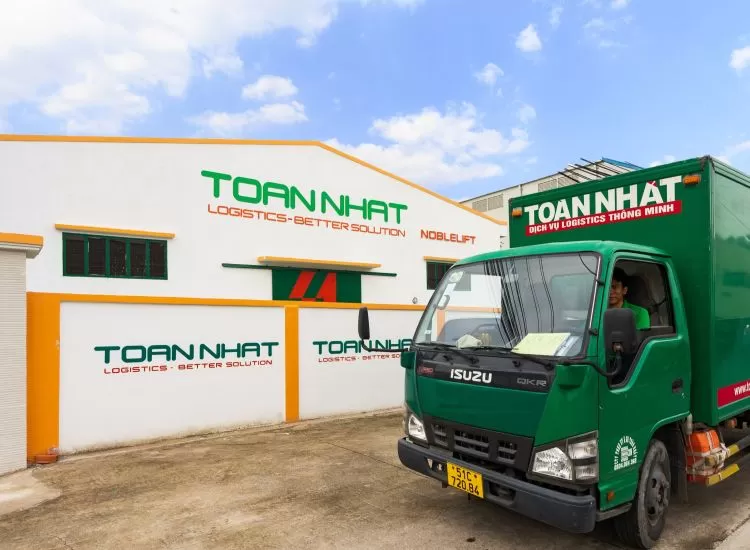
.webp)
